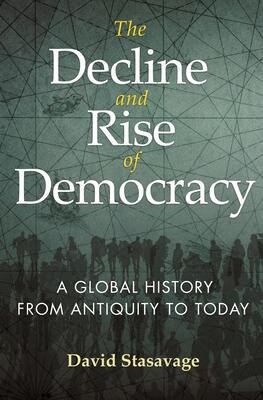
The Mystery of the Kibbutz: Egalitarian Principles in a Capitalist World
によって
Ran Abramitzky
まだ評価がありません
Mystery
History
形式
キンドル
ページ数
355
言語
英語
公開されました
Feb 13, 2018
出版社
Princeton University Press
説明
In a world dominated by capitalist ideals, the kibbutz movement stands as a remarkable anomaly. This work explores the resilience of the kibbutz system, illustrating how communities built on egalitarian principles managed to thrive amidst economic contradictions. Readers are invited to delve into the historical context of kibbutzim, which emerged as a response to social inequalities and aimed for communal living and shared resources.
The author probes the intricate balance these communities maintained between their utopian ideals and the realities of a market-driven society. Through engaging narratives and insightful analysis, the book reveals the challenges faced by kibbutzim as they navigated changing socio-economic landscapes. It portrays the evolution of these communities, offering a nuanced understanding of their adaptability.
Moreover, the text delves into the philosophical underpinnings of the kibbutz ideology, questioning how such a radical social structure could survive, and even flourish, where traditional capitalist systems often falter. It encourages readers to reflect on the implications of mutual aid, cooperation, and shared responsibility in today’s world.
Ultimately, this examination serves not only as a historical account but also as a contemplation of the values that can be extracted from the kibbutz experience. It invites discussions on sustainability and the potential for different economic models to coexist in a broadly capitalist framework.
The author probes the intricate balance these communities maintained between their utopian ideals and the realities of a market-driven society. Through engaging narratives and insightful analysis, the book reveals the challenges faced by kibbutzim as they navigated changing socio-economic landscapes. It portrays the evolution of these communities, offering a nuanced understanding of their adaptability.
Moreover, the text delves into the philosophical underpinnings of the kibbutz ideology, questioning how such a radical social structure could survive, and even flourish, where traditional capitalist systems often falter. It encourages readers to reflect on the implications of mutual aid, cooperation, and shared responsibility in today’s world.
Ultimately, this examination serves not only as a historical account but also as a contemplation of the values that can be extracted from the kibbutz experience. It invites discussions on sustainability and the potential for different economic models to coexist in a broadly capitalist framework.



















